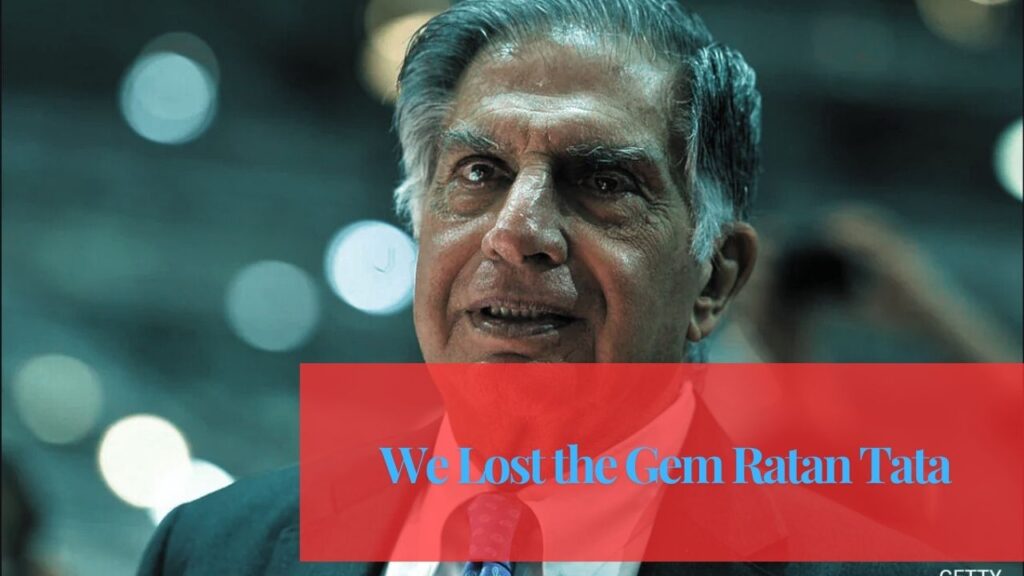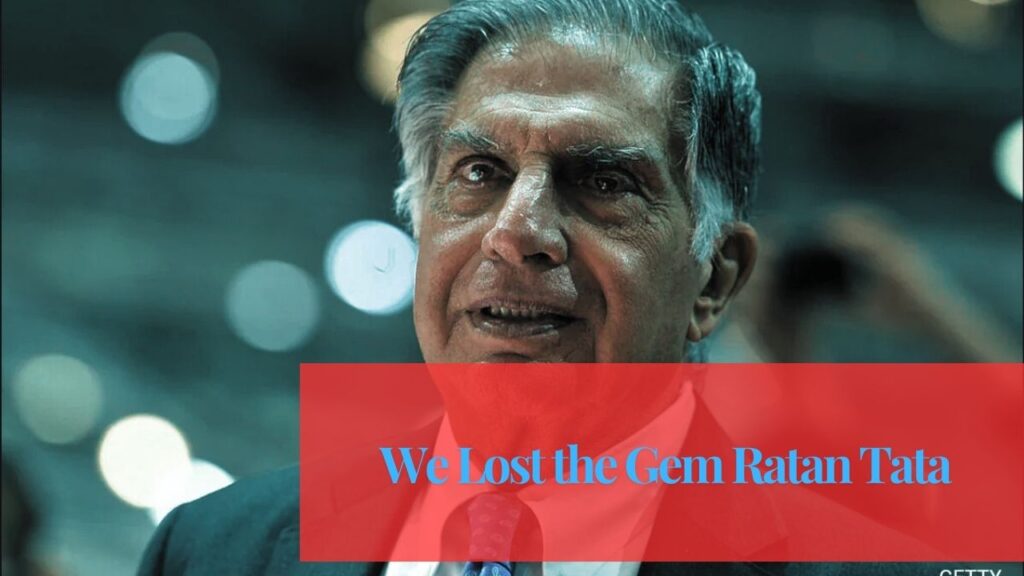Ratan Tata, chairman emeritus of Tata Group and renowned for his transformative leadership that propelled it to become a global force under his leadership, died on October 9, 2024, leaving behind him an outstanding legacy of business excellence and personal humility. Cherished for his simple yet down-to-earth manner of living despite massive influence in both business and philanthropy, those closest to him hailed his passing with immense regret.
Ratan Tata’s Home An Example of Simplicity
Gurdeep Singh Sappal of Congress recently narrated an eye-opening account of the simplicity of Ratan Tata when he visited Tata in his Mumbai residence, Colaba, in 2015 along with veteran Congress leader Ahmed Patel. Sappal was surprised by Tata’s furniture, which wasn’t nothing more than the furniture of a middle-class living space at “Bakhtawar,” his beachfront mansion near central Mumbai; that spoke more volumes of Tata than flashiness or extravagance.
Sappal said he was shocked when two influential individuals Tata, among India’s most powerful businessmen and Ahmed Patel, an important political operative during UPA years, had never met physically before this date. Sappal said Tata had always proved himself as one who did not like politicking but instead focused on work and values rather than politicking.

Hold Your Humble Self Back at Corporate Titans
Ratan Tata has been known to remain humble throughout his life. Social media users and former neighbours shared several anecdotes about how his modest attitude never wavered notwithstanding the financial standing of a multimillionaire and heavyweight; people often saw him walking his dogs around Colaba after work, engaging residents, and children, pausing to chat.
Many people who knew him described him as very humble and very accessible. He never allowed his corporate success to alienate those closest to him. Stories have come out after his death that paints an image of a man whose success did not in any way compromise his integrity or ties with those around him.
Business Leader with a Human Face
Ratan Tata has made infinitely more valuable contributions to the world of business. As Tata Group’s head, he oversaw it in buying some of the most renowned companies, including Jaguar Land Rover and Corus Steel, as well as initiating products such as Tata Nano to cater to India’s ever-burgeoning middle class for their pursuit to acquire an affordable car; his leadership was highly marked by long-term vision, innovation, and abiding by principles and social responsibility.
Tata will be remembered for many years not only for his corporate success but also for all the humanitarian and philanthropic work that he did. He allocated so much under his watch in the Tata Group to healthcare, education and rural development initiatives. And who can forget how he stood at the attack sites in Mumbai during 26/11, a testament to just how caring he was of his people and his country.
The Lasting Legacy of Ratan Tata
Industry tributes pour in for business tycoon Ratan Tata, who after much celebration and recognition left the world better than he found it. He epitomized “simple living with high thinking,” which reflects deeply in today’s globalized environment.
Ratan Tata will be remembered long for his economic contributions to India besides humanitarian values, humility and the impression he leaves behind on whosoever has been lucky enough to meet him.
1. What did Ratan Tata do to the Tata Group?
Ratan Tata transformed Tata Group from an Indian conglomerate into a global company by buying major companies like Jaguar Land Rover and Corus Steel, and by developing innovative products like the Tata Nano.
2. Where did Ratan Tata live?
Ratan Tata used to stay in an ocean-facing bungalow named “Bakhtawar” in Colaba, Mumbai. With its location, the house was modestly decorated as it was of the middle class.
3. What is Ratan Tata working for through philanthropy?
Ratan Tata concentrated his efforts in areas such as health, education, and rural development. Another hallmark is the soft response he showed during the 26/11 Mumbai attacks wherein he catered to the victims and their family members.








